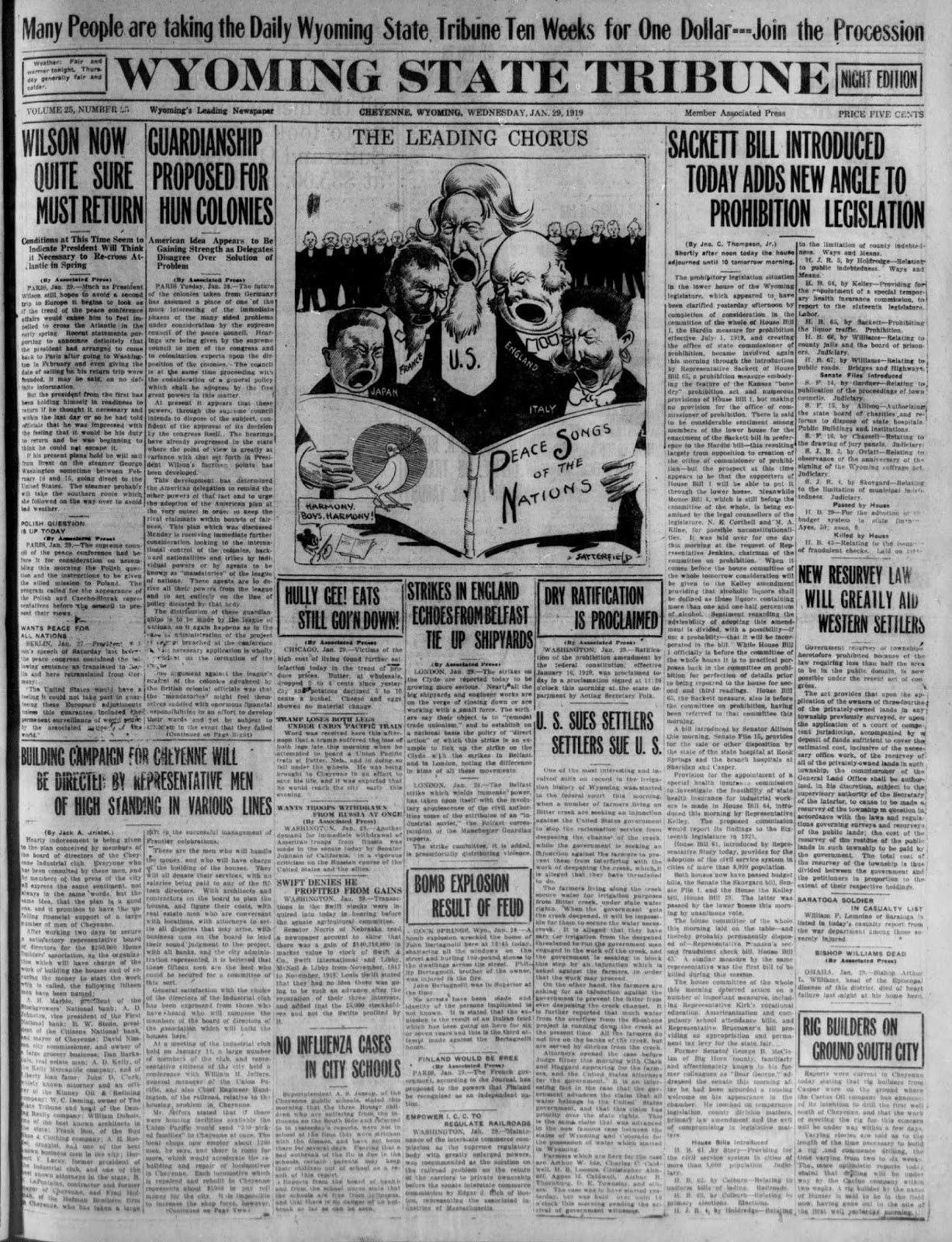This blog has been so slow that a person would be justified in believing its a dead blog.
It isn't, it has COVID 19.
Allow me to explain
It was already the case that 2019 was an odd year, legal wife, for the journalist here. The reason for that was that my schedule was such that I did very little traveling. The last new courthouse (keeping in mind that I don't take photos of courthouses I've already taken, was in Fallon County, Montana.
Fallon County Courthouse, Baker Montana
There's no way on Earth when I took those that I anticipated there wouldn't be any new courthouses appearing later that year.
And yet there were not.
2020 would have been different, but in late 2019 the news that a new disease was loose in Asia hit. By January, there were pretty clear signs that something was frightening about it.
January is, of course, Tet, or similar holidays in Asia. I.e, the Lunar New Year. It's a big deal and in spite of the imposition of Communism on Asian societies, they still celebrate it. The Lunar New Year caused Asians to travel all over their own countries and all over the globe. Easter and Christmas do the same in the West. The combined impacts of all those holidays sent people moving all over, and the disease was soon global. Living through it at the time, it seemed to hit Italy first, but who really knows.
Anyhow, by March things were shutting down. Trials I had scheduled that summer were cancelled. Courts shuttered their doors.
And Zoom came in.
Now, in January 2022 we're looking at the rapid spread of the Omicron variant of COVID 19. It's going to close some things somewhere. It's inevitable.
And even if it's milder, it's effectively the last blow in how the litigators do business. Things are never going back to the way they were before.
In 2021, I did four trials. Two of them had some kind of mask mandate in place. Every courthouse is different. Depositions have largely gone over to Zoom, and they don't ever appear likely to go back to being live and in person. Lots of hearing are now by Microsoft Teams.
Ironically, even though I spent a week in a really beautiful courthouse in another state, I'd note, I failed to take a single photograph of it.
An evolution towards electronic appearances in things was occurring before COVID 19, but the pandemic pushed things over the edge and fully into the electronic world. I really don't like it, and I don't like what it will likely mean for the law either. I'm lucky to have principally practiced before it occurred.
2020 and 2021 saw the best and the worst of lawyers in spades, which is something we should note before moving on. For the worst, lawyers working for the Trump Administration or affiliated with it were full participants in a plot to illegally retain power for the ex President. It's shameful.
For the best, most lawyers didn't participate in that or approve of it. The Court system itself really rose to the occasion and kept the coup from working. Lawyers in at least one state wrote a letter to their Senator, also a lawyer, flatly demanding that the Senator retract the Senator's position in regard to the coup, which the Senator did not do. It was a brave thing for them to do.
One thing that Trump accomplished that was a real accomplishment (and frankly its Mitch McConnell's accomplishment) was to bring in a set of Supreme Court Justices who actually apply the law as written.
Much of our current problems with huge political polarization stem in fact from the capture of the highest courts by the political left in the mid 20th Century. The courts of that period were perfectly comfortable with creating new rights out of thin air and foisting them on the public, when the public wouldn't have supported them democratically. That partially lead to a right wing belief that the left was anti-democratic and involved in what some regarded as a slow moving left wing coup. When one camp drops a belief in democracy, the other will follow sooner or later.
We've finally gotten past the US. Supreme Court acting like a super legislature of Platonic Elders. It was long overdue. That's gong to be painful for a few years, but perhaps it helps us get back to where we always should have been. Big social issues ought to be decided in legislatures, not in courts.
Let's take a look at the upcoming year and therefore put out a few, a very few, resolutions for the field of law. Most of these we have little hope of being carried out, which doesn't mean that we shouldn't state them anyway.
1. End the UBE
The UBE has proven to be a failure. It's mostly aided the exportation of legal jobs from states with smaller economies and communities to neighboring ones with larger economies and communities, something now aided by electronic practice. It's made the standard of practice more uniform, by making it more uniformly bad.
The UBE ought to go, or a local state bar reinstated where it exists. For that matter, its time for residency requirements to come back on.
2. Quite with the bad legal reporting
If you listen to the news, any news, you'll get the impression that the justices of the United States Supreme Court act like a session of World Wide Wrestling every time they meet. That's far from true.
The vast majority of U.S. Supreme Court decisions are heavily one-sided. I.e., 9 to 0, or 8 to 1 decisions are much more common than 5 to 4. In the last session, for example, Justice Sotomayor issues and opinion in a criminal case that accused the lower court of ignoring the plain language of a statute. She was writing for the majority.
You never hear stuff like that.
That's mostly because in an average year there's maybe one or two. . . or no, cases that are actually interesting from the Press's prospective. And those are the ones that tend to be lopsided. It gives a skewed prospective on the court.
3. Age matters
I've been saying this for a while, but its disconcerting that the Federal bench has no mandatory retirement age.
I'm not saying that any Federal judge I've ever encountered seemed impaired. Far from it. But courts belong to the people, and the median age for the people is a lot lower than the upper reaches of the Federal bench. That matters.
For that matter, I think the state mandatory retirement age for judges ought to be depressed. It's 70 now, and there was a move in the legislature a few years ago to raise, or remove, it. I think it ought to be lowered to 65. Frankly, I'd prefer it being lowered to 60. Again, not because I have a problem with a current judge, but people are younger than that, as a rule.
And at some point this is going to catch up with us.
This applies, I think, to lawyers as well. Age takes its toll. Age also narrows us, and we tend to end up our occupations. Both are bad potentialities.
4. Wider net
Recently one of the Bar Commissioners noted that a state Supreme Court justice had expressed concern over a lack of applicants for judicial positions. I'm frankly not surprised that there has been.
Part of this may reflect a disturbing trend in general. In what most of us thought was the late stage of COVID (it might not have been, as we now know) the press started reporting on the Great Resignation. Now some are doubting that this is occurring, but at least in the legal field it seems that the Great Hesitation is operating. I'll post about that in general in one of our companion blogs, but anyone in the legal field anywhere knows that younger lawyers are seemingly just not entering practice right now I don't know what they're going, frankly Some that are, are job hopping rapidly. One judicial law clerk I became somewhat familiar with in another state was on her fourth job as a clerk, and second clerkship, and had only been working for less than two years.
Anyhow, one thing that seems to have gone on for the last few state administrations here is selecting judicial applicants based on certain criteria that were set out, publically or silently, which is fine and makes sense as, after all, it's a political appointment. That was a change from some prior administrations, however, which took a broader view. Anyhow, after this being the case for a long time, I think certain private practitioner categories have simply quit applying as it was obvious that they weren't going to be admitted.
A wider net needs to be cast.
On that, one thing the judicial nomination committee used to be able to do, although I don't know if it still can, was to submit names of its own choosing. At least one judge in the southeaster part of the state became the judge that way. He was completely surprised by his own nomination and struggled with it at first as it meant a big reduction in income. He accepted the position as he felt it was his duty. If the committee can't do that, it ought to have that power restored and actually use it.
































